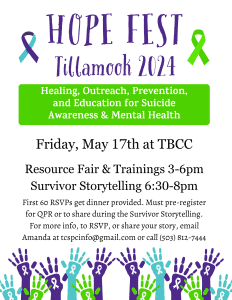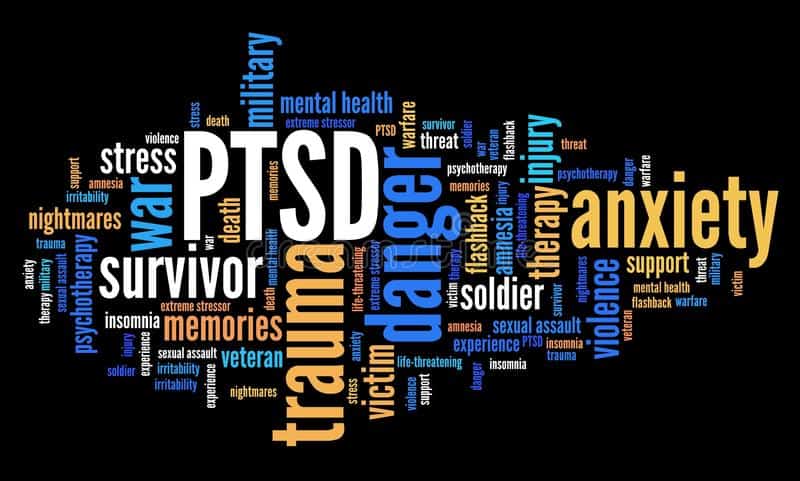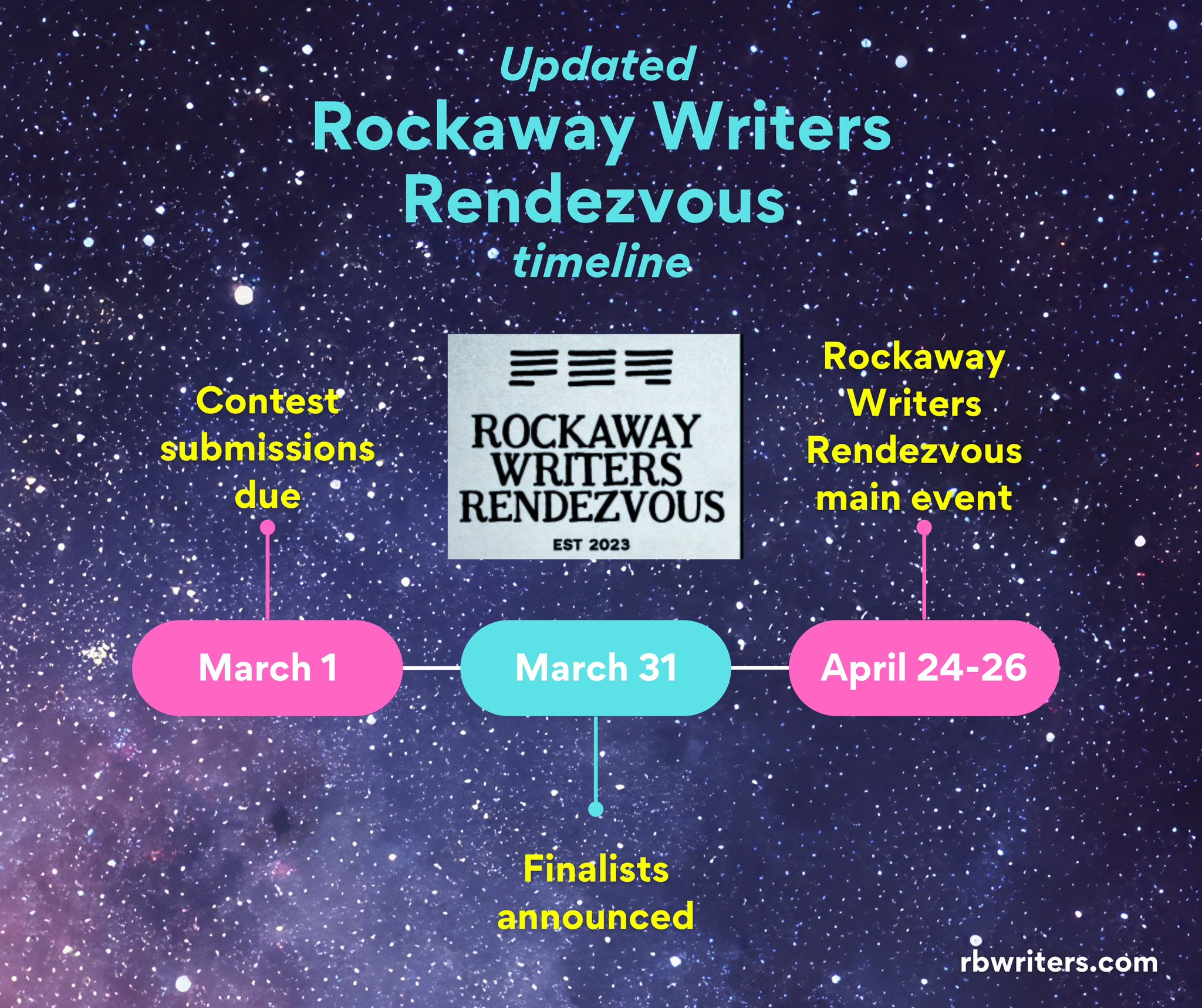By Leanna Coy, FNP
Mental health is a person’s emotional, psychological, and social well-being. How you feel and act is based on your mental health, which changes over time and can be influenced by circumstances. May is Mental Health Awareness Month, and the Pioneer is working with organizations in Tillamook County to bring awareness and help to those who know someone who may need assistance coping with their mental health. This article helps define the different types of mental health conditions.
If you or someone you know is struggling or in crisis, help is available. Call or text 988 or chat 988lifeline.org, or call the local 24 hour crisis line at 503-842-8201.
Be sure to attend the HOPE Fest Mental Health Resources Fairs, suicide prevention trainings, survivor storytelling events – RSVPs requested – May 8th – North County @NCRD; and May 17th – Tillamook @TBCC
Anxiety
Anxiety is one of the most common mental health conditions in the United States. Approximately 40 million adults and 5.8 million children aged 3-17 are affected by anxiety. Anxiety is a blanket term used to describe many anxiety conditions:
- Generalized anxiety disorder
- Panic disorder
- Social anxiety disorder
- Separation anxiety disorder
- Phobias
Depression
Depression is a mood disorder with feelings of sadness and loss of interest in things. For a depression diagnosis, symptoms are present for at least two weeks. Signs of depression include:
- Feeling sad, “empty,” worthless, or hopeless
- Loss of interest or pleasure in activities or hobbies
- Irritability, frustration
- Lack of energy, oversleeping, or difficulty sleeping
- Physical pains, headaches, or digestive problems
- Thoughts of self-harm, suicide, or death
Depression is a very common disorder seen across the lifespan. Approximately 2.7 million children ages 3-17 and 21 million adults will experience at least one depressive episode. Women are twice as likely as men to experience depression. Adults ages 18-25 are the group most likely to experience major depressive episodes.
Post-Traumatic Stress Disorder
Post-traumatic stress disorder (PTSD) is triggered by a terrifying, shocking, or dangerous event that someone witnesses or experiences. Traumatic events include natural disasters, bad accidents, sexual assault, physical abuse, or war. It is usual for someone to experience fear during and after these situations. With PTSD, people continue to experience related symptoms long-term:
- Flashback where they relive the event. This can include physical fight-or-flight symptoms of sweating or racing heart rate.
- Nightmares.
- Avoiding places, events, or things that remind them of the event.
- Negative emotions of fear, anger, shame, or guilt about the event.
In children younger than six years old, symptoms can include:
- Bedwetting after toilet training is complete
- Being unable to speak
- Acting out frightening events during play
- Being unusually clingy with a trusted adult
Older children and teens will have symptoms similar to adults. Usually, symptoms begin within three months of the triggering event. The symptoms will interfere with work, relationships, and other aspects of everyday daily life. The condition can last months to years, and triggers can lead to intense emotional or physical reactions.
Bipolar
Bipolar is a mental health condition that shifts a person’s mood, energy level, and concentration. These shifts can make it challenging to manage routine day-to-day tasks. These shifts are commonly known as manic, depressive, and hypomanic. An estimated 4.4% of adults in the U. S will experience bipolar disorder during their life.
During a manic episode, a person feels very energized, overly happy, or irritable. They have racing thoughts and talk fast about a lot of different ideas. Their need for sleep decreases. They do pleasurable things in excess, such as eating, drinking, or having sex. They feel unusually powerful or important.
During a depressive episode, they feel very sad or anxious. Their activity level and thought process become slowed. They may talk very slowly, forget things, or have trouble making decisions. Doing even simple tasks may seem overwhelming. Their sleep will change by sleeping too much, having trouble falling asleep, or waking too early. They feel hopeless and worthless and may think about death or suicide.
Attention-Deficit/Hyperactivity Disorder
Attention-deficit/hyperactivity disorder (ADHD) is a condition where someone is chronically challenged to keep their attention or focus on tasks. They will be impulsive and sometimes hyperactive. This lack of focus and impulsivity interferes with their ability to get things done. The classic example is someone with many unfinished projects around their home. Common symptoms include:
- Inattention: Difficulty staying focused, completing tasks, or staying organized.
- Hyperactivity: Moving about constantly with fidgeting, tapping, or talking too much.
- Impulsivity: Acting without thinking or struggling with self-control. They interrupt others or make important decisions without considering long-term consequences.
ADHD is often first seen in childhood, with the average age of diagnosis at six years of age. Approximately 11% of all children carry the ADHD diagnosis, and about one-third of children will continue to have ADHD into adulthood.
Many factors contribute to the development of mental health issues. Traumatic experiences, other health conditions, genetics, and use of alcohol or drugs can all lead to changes in mental health. If you or someone you care about is experiencing mental health issues like these, help is available. You can start by speaking with a primary care provider about your symptoms. You can also reach out to counseling services in the area.


Resources:
https://ourtillamook.org/category/t-mental-health/
https://www.cdc.gov/mentalhealth/tools-resources/index.htm
References:
https://www.nimh.nih.gov/health/statistics
https://www.samhsa.gov/mental-health
https://www.cdc.gov/childrensmentalhealth/features/anxiety-depression-children.html
https://www.nimh.nih.gov/health/topics/depression
https://www.nimh.nih.gov/health/topics/post-traumatic-stress-disorder-ptsd
https://www.nimh.nih.gov/health/topics/bipolar-disorder
https://www.nimh.nih.gov/health/topics/attention-deficit-hyperactivity-disorder-adhd


